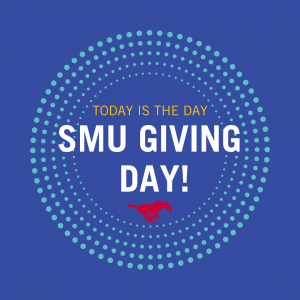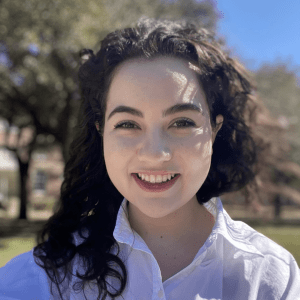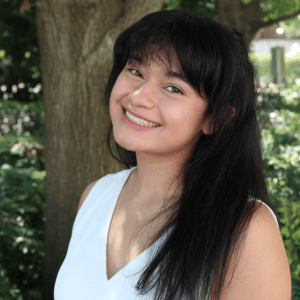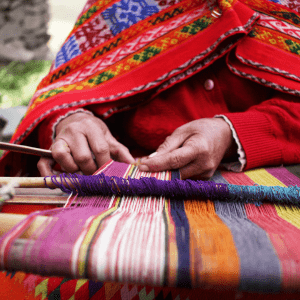
Mohammed Njie has a mission to bring clean energy to The Gambia. Since his first day at the Hunt Institute, he has been working to make this vision a reality. Mohammed is a senior at Southern Methodist University double majoring in Electrical Engineering and Computer Science in the Lyle School of Engineering. He was the first Student Social Entrepreneur in the history of the Hunt Institute Social Enterprise program. He is recognized as a Grand Challenges Scholar, winner of SMU’s Big Ideas, and is also part of the SMU Incubator. Mohammed was born and raised in The Gambia in West Africa. After graduating high school, he constructed his first electric car. His childhood helped solidify his life mission from a young age: helping to close the energy gap between the Global North and South, starting in The Gambia.
The limited energy sector in The Gambia leaves the majority of the country’s population in need of electricity. The demand for energy in the Gambia far exceeds the available supply. For more than three decades, the national utility company NAWEC has struggled to meet the ever-growing demand. Of the 48% of Gambia’s population that has access to electricity, they experience frequent blackouts because the supply is unreliable. The Gambia has one of the highest energy production costs, not only in Africa, but in the whole world ($0.32/KWh). The high costs are mainly due to the importation of expensive diesel that is used as fuel for generators by the national utility company. The rest of the 52% of the population do not have access to a grid that supplies energy, resulting in no access to electricity. This leaves two categories of customers in the Gambian electricity market: (1) Urban Gambians with unreliable access to electricity and expensive tariffs, and (2) Rural Gambians with no access to electricity at all.
Mohammed discusses his motivation, saying, “Energy infrastructure is at the foundation of economic, environmental, and social growth. The Gambia, the smallest country in Africa, lacks this essential infrastructure but has the desire and resources to support it. Janta is the solution that will bring clean, reliable energy to the Gambia to facilitate the country’s growth and development. The need for energy in The Gambia is necessary now more than ever given the effects of climate change on agriculture, the country’s most important industry. This makes our venture a necessary and worthy cause.”
In this edition of HunTalks™, Mohammed shares his journey to make this vision a reality as a student employee in the Institute. Click on the video above to hear him share about his colleagues in the Institute and how they have contributed to his success.
Previous posts about Mohammed Njie:
December 15, 2019: “2019 Social Enterprise Cohort”
February 28, 2020: “Mohammed Njie – Travel Feature”
July 1, 2020: “Hunt Institute’s First Student Social Entrepreneur”
November 9, 2020: “Innovation in Tintinto, The Gambia”
December 15, 2020: “2020 Social Enterprise Cohort”
April 13, 2021: “Illuminating Tintinto | Hunt Institute’s Project for SMU Giving Day 2021”
April 14, 2021: “2021 SMU Giving Day: The Power of One Person’s Vision”
To read more about the Hunt Institute’s work to develop future-focused solutions to some of the world’s biggest problems, please click here. For the latest news on the Hunt Institute, follow our social media accounts on LinkedIn, Facebook, and Instagram. We invite you to listen to our Podcast called Sages & Seekers. If you are considering engaging with the institute, you can donate, or sign-up for our newsletter by emailing huntinstitute@smu.edu.






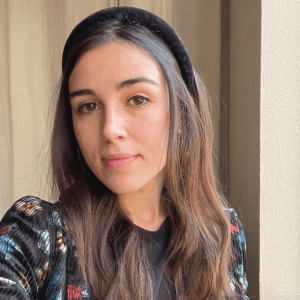

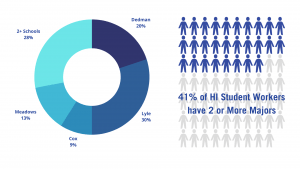

 On Tuesday, March 30th, 2021, the Lyle Senior Design Team took First Place in the virtual Student Design Competition, sponsored by the Water Environment Association of Texas (WEAT). The regional student design competition is typically held during the annual Texas Water Conference. The winning presentation entitled, “Intercontinental Airport WWTP Improvements and Expansion Project”, consisted of increasing the capacity of the wastewater treatment plant, at the Houston airport, from 8 MGD to 11 MGD to accommodate the increased flow. The design report consists of treatment alternatives for Biological Nutrient Removal processes, solid handling processes, and odor-control technologies to ensure long-term sustainability for the plant.
On Tuesday, March 30th, 2021, the Lyle Senior Design Team took First Place in the virtual Student Design Competition, sponsored by the Water Environment Association of Texas (WEAT). The regional student design competition is typically held during the annual Texas Water Conference. The winning presentation entitled, “Intercontinental Airport WWTP Improvements and Expansion Project”, consisted of increasing the capacity of the wastewater treatment plant, at the Houston airport, from 8 MGD to 11 MGD to accommodate the increased flow. The design report consists of treatment alternatives for Biological Nutrient Removal processes, solid handling processes, and odor-control technologies to ensure long-term sustainability for the plant.